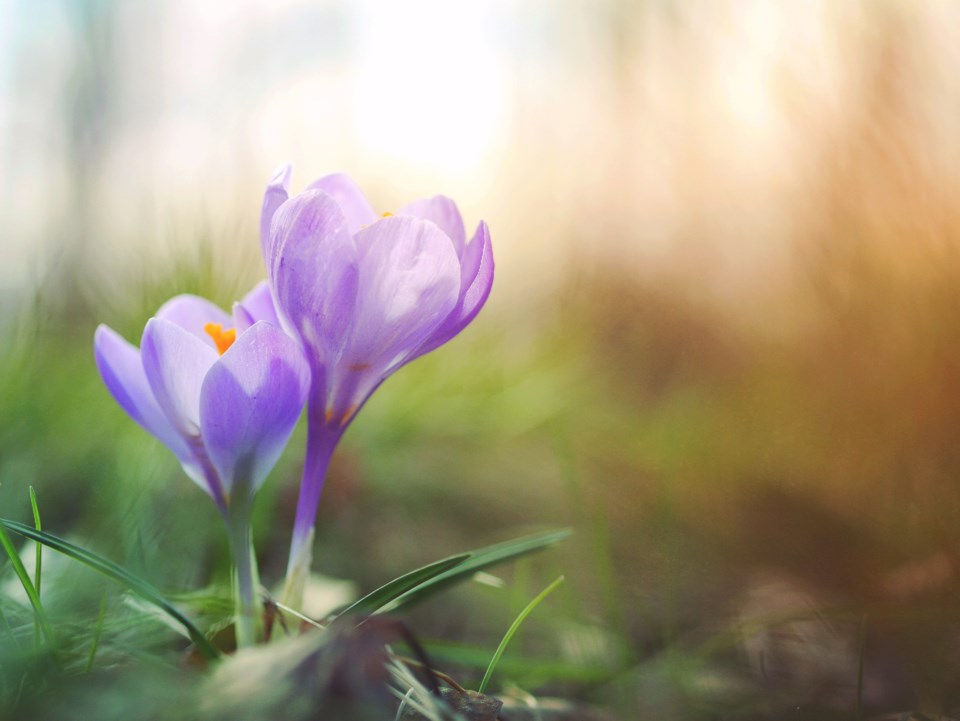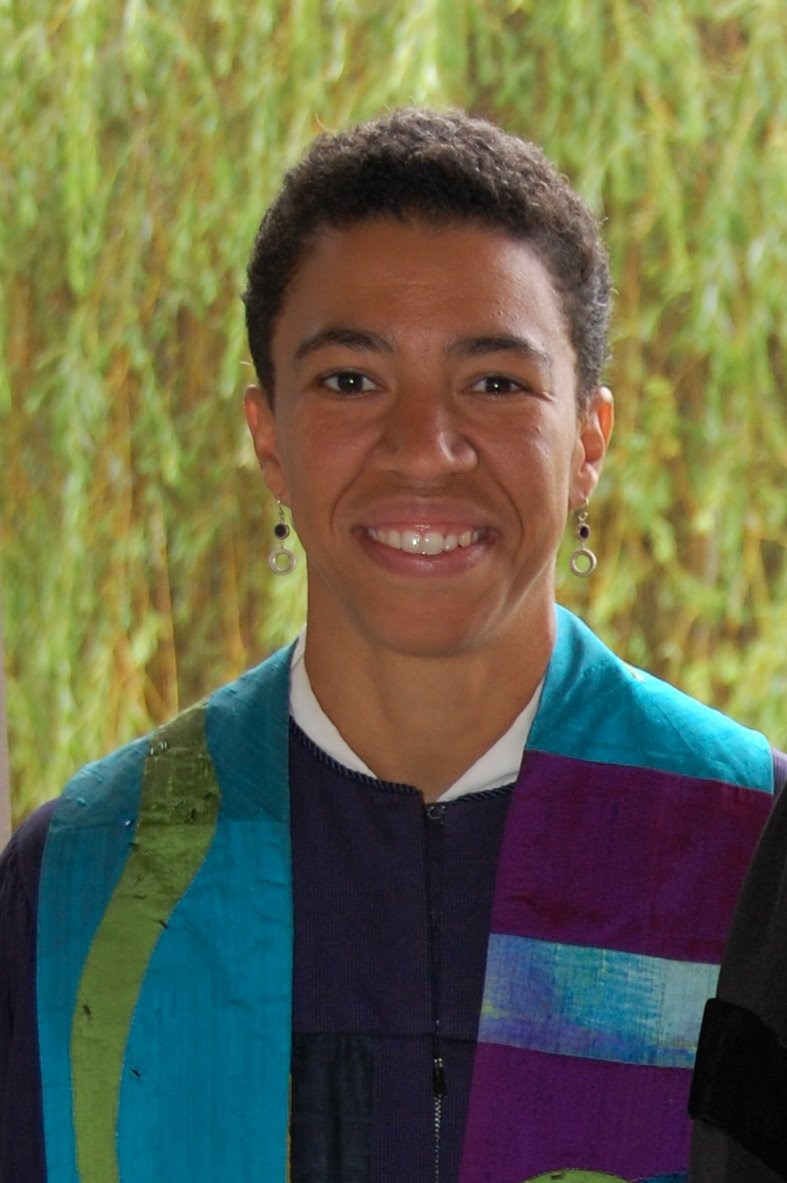 Back when I was first studying religion, I found that I was drawn to the way so many faith traditions and adherents of them lifted up humility as a high value. At the time (the late 1990’s), I saw humility as an antidote to the me-first approach that seemed so prevalent then. Now I see it as that and much more.
Back when I was first studying religion, I found that I was drawn to the way so many faith traditions and adherents of them lifted up humility as a high value. At the time (the late 1990’s), I saw humility as an antidote to the me-first approach that seemed so prevalent then. Now I see it as that and much more.
Our world is still full of political and corporate leaders who seem to think only about what is in it for them, or the bottom line. Very few people in positions of power appear to have a vision of the common good, or an attitude that looks toward decisions that are best for the most. Wouldn’t it be great if the guiding maxim for all leaders was: “how can I make life better for as many people as possible”? Humility could help with that.
Even more today, though it strikes me that humility is needed to face some of the biggest challenges of our time. If we are to find anything approaching real truth and reconciliation with the Indigenous People of this land, we will need a humble approach. Anytime we try to connect across cultural differences and appreciate both our common humanity and those things which make us different from one another—we need to hold our own perspective and experience with humility. The ways of our people and our cultural experiences are but one way in the midst of a complex and richly textured human community. Just think how different things might have been if our settler ancestors had approached their arrival with an open and humble posture rather than a dominating and domineering one?
Humility means accepting that we don’t have all the answers and are not experts in all things. We often try to avoid making mistakes or seeming foolish, and yet it is those moments that are usually our greatest teachers. What might you attempt in the New Year without assurance that it will work out as you plan or hope? What might you do with the goal of learning something new? How might you approach a connection with someone with the express purpose of discovering what their life has to tell you?
One of my mentors used to say that as a culture we have become too fixated on success and achievement. He did not mean by this that we should all strive for mediocrity, quite the contrary. He meant that we should not fear trying things that we find difficult. If we only do things we feel assured we will succeed in, we will miss out on so much and forgo the many insights that come from branching out. Many of the most profound experiences we can have in life are not endeavors at which we are ultimately successful; they are hard and rewarding ongoing efforts—parenting, marriage, and friendship—to name a few. These are roles and connections we give ourselves which shape us and change us as much in the ways that we struggle with them as in the moments we do well.
How different would our world be if we entered each interaction and every situation with humble curiosity? How much would change if we dropped the need to be right and the need to seem like a know-it-all? I think my resolution for the New Year is going to be to say, “I don’t know” more often, and to listen much more than I speak. What are your resolutions? How might you be changed by more vulnerability and humility and less certainty and expertise?
 Rev. Shana Lynngood is co-minister of First Unitarian Church of Victoria. She has lived and served in Victoria since 2010.
Rev. Shana Lynngood is co-minister of First Unitarian Church of Victoria. She has lived and served in Victoria since 2010.
You can read more articles on our interfaith blog, Spiritually Speaking, HERE
* This article was published in the print edition of the Times Colonist on Saturday, January 12th, 2019
* Photo of crocuses by Aaron Burden on Unsplash


